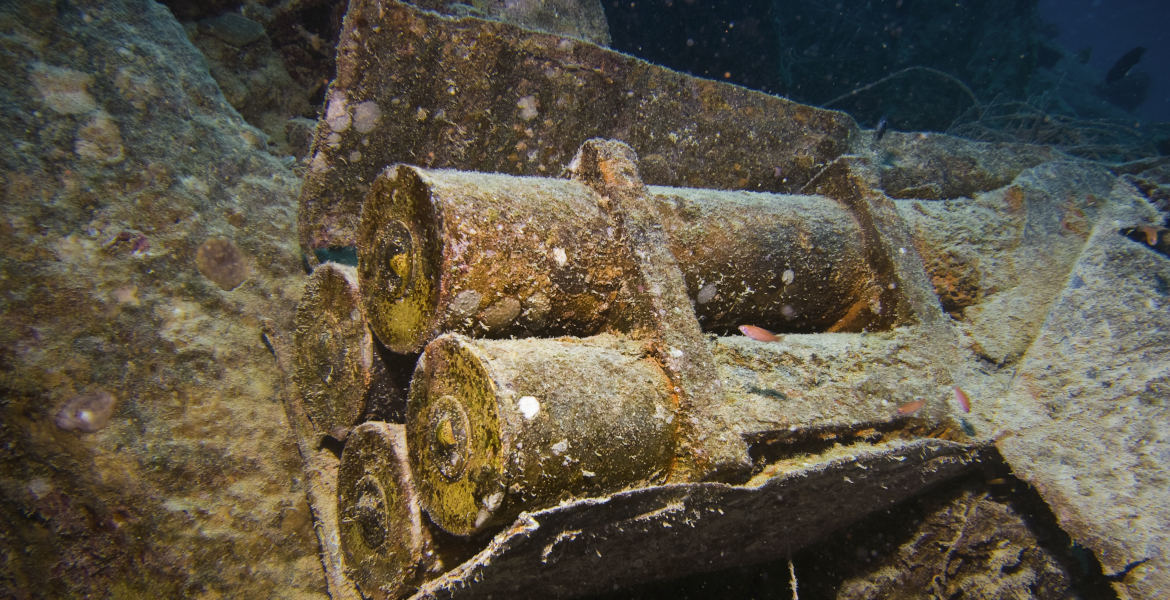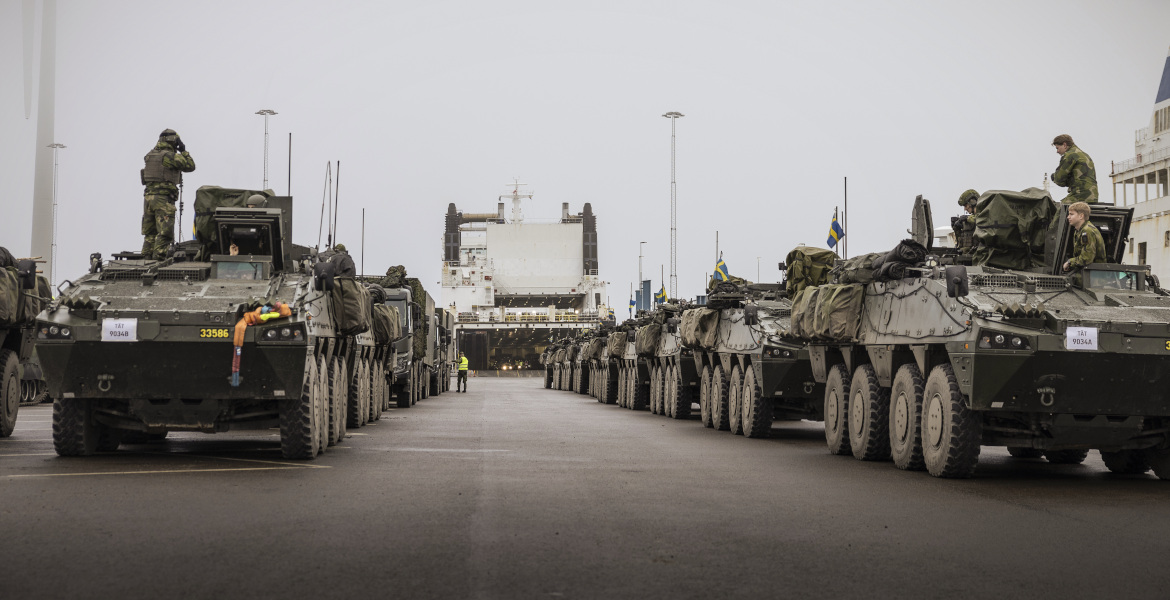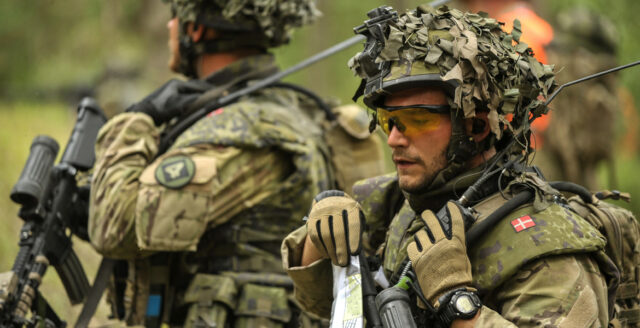Up to half of the candidates in the parliamentary elections as well as former top military officers in Finland have expressed a desire to abolish the special international status of the autonomous Åland Islands as a demilitarized zone.
However, the statements are simultaneously being dismissed by experts in international law and also by Åland’s experts in the field.
– If it should ever become relevant, there must first be an initiative from the government, which must then be dealt with internationally, says Roger Nordlund, former speaker of the Ålandic parliament and Chairman of the Åland Islands Peace Institute.
Before the parliamentary elections in Finland in early April, almost half of the candidates in the Finnish state channel Yle’s election compass stated that they wanted to abolish the demilitarized status of Åland. Among those is former General Pekka Toveri, the Defence Forces’ Chief of Intelligence for 2019-2020, who was also elected to parliament for the right-wing National Coalition Party, which is now in the process of forming a new government.
– Russia’s warfare in Ukraine, a combination of Stalinist terror and looting, has shown that it does not shy away from brutal and criminal methods. Therefore, my opinion on abolishing demilitarization has been further strengthened in the past year, Toveri tells the Finnish newspaper Hufvudstadsbladet.
Ex-colonel Kjell Törner, commander of the Uusimaa Brigade 2014-2017, also expresses a desire to abolish the demilitarization, while the former commander of the Finnish Defence Forces, General Jarmo Lindberg, partly agrees.
– In this situation, when Finland’s security policy is in great upheaval, I believe that all aspects that promote the country’s security should be openly reviewed and discussed, Lindberg tells Hufvudstadsbladet.
The Åland Islands Peace Institute, which focuses on peace research based on Åland’s special international status, expresses itself in diplomatic terms about the demands for re-militarization of Åland. The institute’s chairman Roger Nordlund, former Åland head of government and speaker of the Åland parliament, tells the public radio Ålands Radio that, he is not surprised by the call from Finnish politicians to militarize Åland in light of the general change in public opinion over the past year.
– We have to think about the environment we are living in right now with the Ukraine war and the enormous change in the Finns’ view of NATO, for example, from a minority in favor of NATO membership that in a short time changed to a strong majority in favor of Finland joining NATO. I think these things are somewhat connected, says Nordlund.
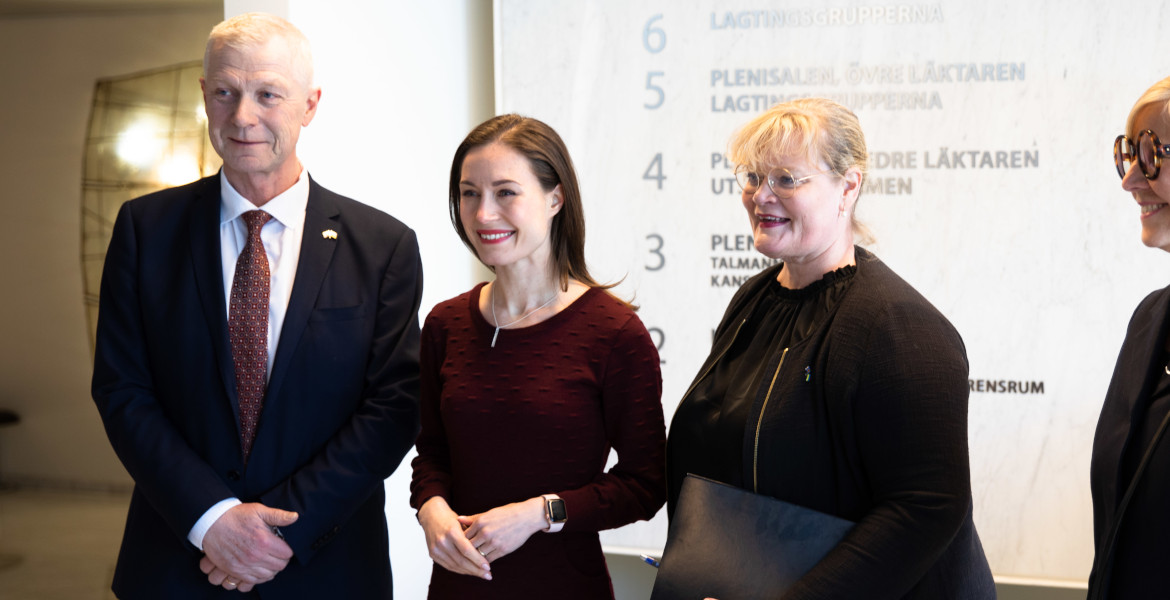
To abolish demilitarization, Finland would have to notify all ten states of the 1921 Convention on Åland, as well as Russia. However, given the international law surrounding Åland’s status, Roger Nordlund does not believe that it is possible in practice to re-militarize Åland.
– In peacetime, I think it is almost impossible to remilitarize Åland, but if it should ever become relevant, there must first be an initiative from the government, which must then be dealt with internationally. Then you have to remember that Russia is also a party to this, and you probably want to avoid that discussion as long as possible, he says.
International law expert Ove Bring describes demands to change Åland’s status as “unrealistic” and says that there are no signs that NATO will demand the militarization of the islands in connection with Finland’s entry into the military alliance.
– There are no such signals at all, and the Finnish government has reminded NATO that Åland is demilitarized, says Bring in a comment to the Swedish newspaper DN.
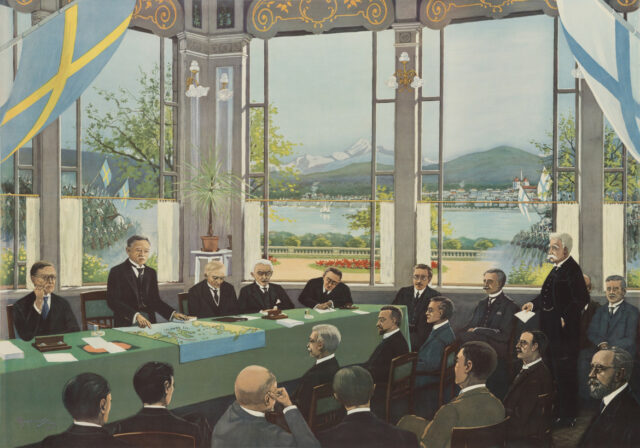
Facts: Demilitarization of Åland
Åland's demilitarization and autonomy is the result of a conflict between Sweden and Finland that was resolved diplomatically in 1921 in the predecessor of the United Nations - the League of Nations - a solution that later became known as the Åland Model. The background was Finland's recent independence from Russia in 1917 and the so-called Åland Movement, which worked for Åland's accession to Sweden, something that was also seen as desirable by Sweden, primarily for military strategic reasons, as the islands are situated very close to Stockholm.
Åland became an autonomous part of Finland, with international guarantees from major powers such as Britain, France and Russia to preserve its Swedish language and culture. The demilitarization of Åland after the Crimean War in 1856 was also consolidated as a guarantee to Sweden that there would be no military activity or fortifications on the islands.




